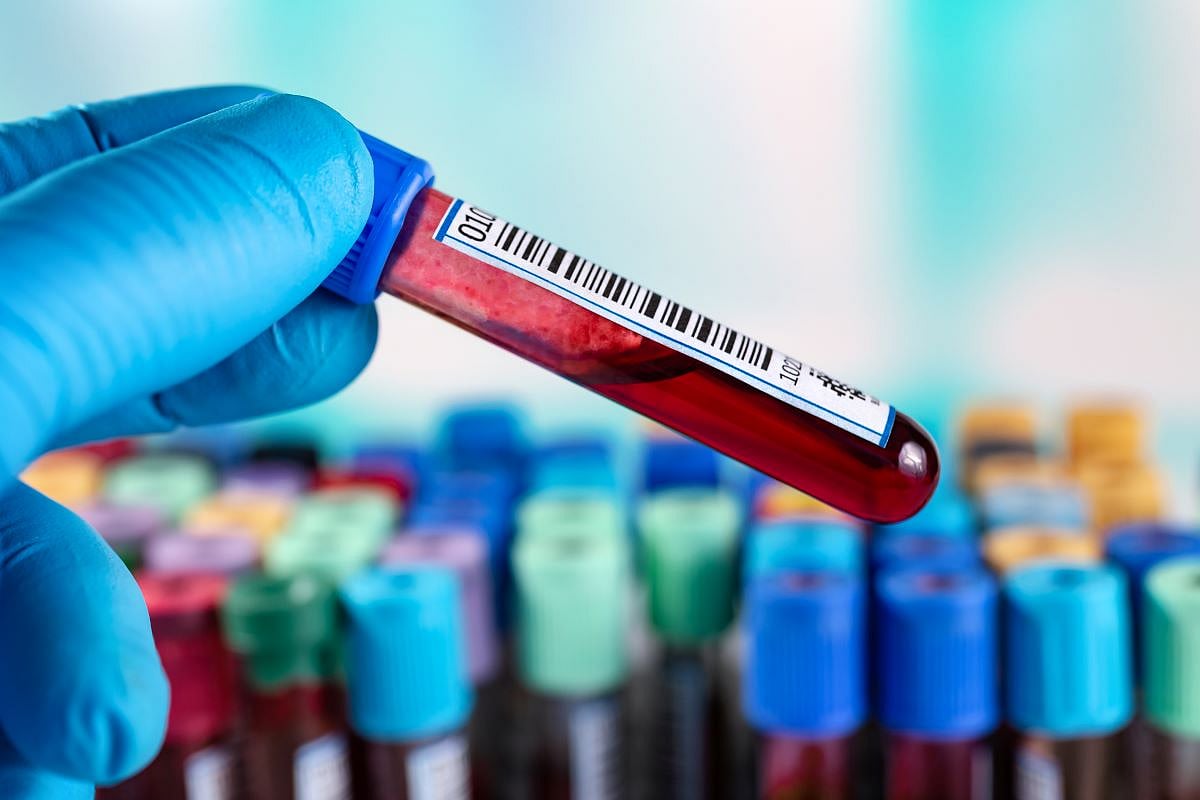Get Healthy!

- Carole Tanzer Miller
- Posted October 7, 2024
Blood Test Can Help Predict Survival From Advanced Prostate Cancer
A simple blood test may help doctors decide the best way to treat a man with advanced prostate cancer.
A phase 3 clinical trial has shown that circulating tumor cell (CTC) counts can predict which men are likely to respond to standard treatment and live longest and which might benefit from more aggressive new drug trials.
CTCs are rare cancer cells that tumors shed in the blood. They've been looked at before in prostate cancer, but only in its later stages.
"No one, until now, has looked at whether CTC counts can be used right at the beginning, when a man first presents with metastatic prostate cancer, to tell us whether he's going to live a long time or short time, or whether or not he will progress with therapies," said lead study author Dr. Amir Goldkorn, associate director of translational sciences at USC Norris Comprehensive Cancer Center in California.
His team found that men with higher blood levels of CTCs had shorter median survival times and a greater risk of death during the study period. Their disease could only be controlled by treatment without getting worse for a shorter time.
"You couldn't tell these men apart when they walked in the door," Goldkorn said in a USC news release. "All of their other variables and prognostic factors were seemingly the same, and yet they had very, very different outcomes over time."
The researchers used CellSearch, a blood test that is already widely available, to identify patients who were unlikely to respond to standard treatment.
The research was part of a phase 3 clinical trial of the SWOG Cancer Research Network, a partnership more than 1,300 institutions nationwide that collaborate on cancer studies.
Blood samples from 503 men with metastatic prostate cancer who were participating in a new drug trial were analyzed.
Patients with five or more CTCs in their blood sample had the poorest outcomes, the study found. They were more than three times as likely to die during the study period than patients with no CTCs, and nearly 2.5 times more likely to see their cancer progress.
They also were also more likely to have a poor response to treatment, as measured by a complete prostate-specific antigen (PSA) response.
Men with five or more CTCs lived a median 27.9 months after their blood test, compared to 56.2 months for men with one to four CTCs and at least 78 months for men with none. (Half lived longer, half for a shorter time.)
The takeaway: More CTCs mean faster cancer progression, poorer response to standard treatment and shorter survival time.
The findings, published Oct. 7 in the journal JAMA Network Open, show that measuring CTC levels when therapy begins can predict long-term survival.
"We want to enrich these clinical trials with men who need all that extra help -- who really would benefit from three drugs versus just two, or from being on a new chemotherapy drug, even though it may have more side effects," Goldkorn said.
His team is now testing a new blood test that also looks at the molecular makeup of CTCs and tumor DNA in the blood, along with other factors. Their aim is to identify biomarkers that may be even better predictors of prognosis.
More information
The Prostate Cancer Foundation has more about prostate cancer screening, diagnosis and treatment.
SOURCE: Keck School of Medicine of USC, news release, Oct. 7, 2024


